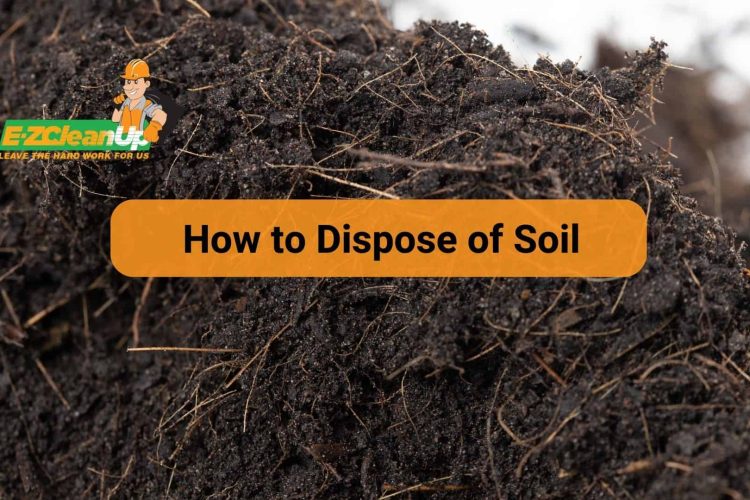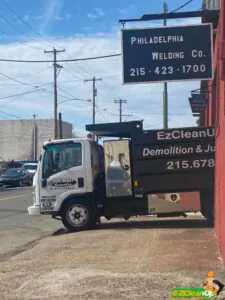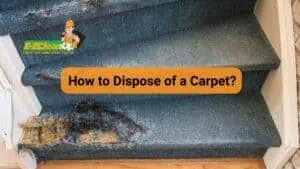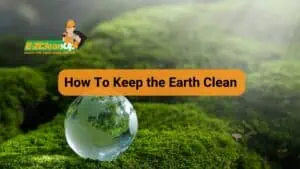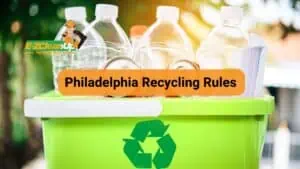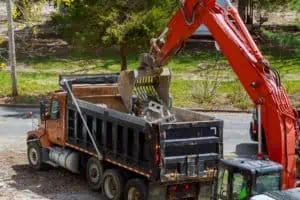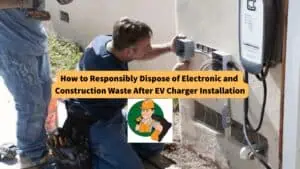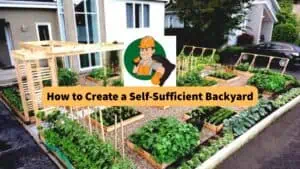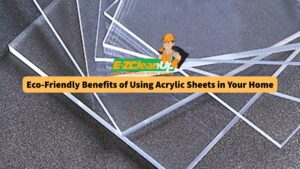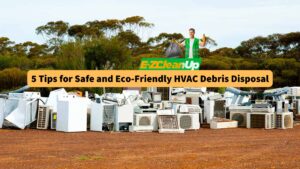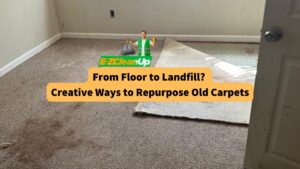To dispose of soil responsibly, consider recycling, donating for reuse, landfilling, or using in DIY projects like composting and landscaping. Each method has unique environmental impacts and benefits.
For more insights on how to dispose of soil in eco-friendly ways and their importance, read on.
Common Soil Disposal Methods
Soil disposal is more than just getting rid of dirt. It’s about responsibly managing a resource that’s essential to our environment.
Here are your top options for disposing of soil:
Recycling Soil
Soil recycling is beneficial for the environment as it reduces energy consumption, greenhouse gas emissions, and the amount of waste sent to landfills. Recycling organic matter creates compost, rich in humus and humic acids, which serve as a natural pesticide.
It also saturates the soil with microbes, which reduces the risk of plant nutrient deficiencies, damage, and disease. Recycled soil stores more water, which can help increase crop yields during droughts.
Donating Soil for Reuse
Soil is a limited and essential resource for growing food, building, and storing carbon. The creation of building sites usually disturbs the soil, affecting its health and condition. Excess soil is considered waste according to waste laws, but certain waste-related activities are allowed without needing an Environmental Permit due to waste exemptions.
Landfill Disposal
Landfill disposal is a common method for soil and other waste types. Landfills are designed to minimize environmental impacts, such as groundwater contamination and air pollution.
However, they can have negative effects like leachate, which contaminates groundwater, and emissions of greenhouse gasses, which contribute to global warming. Additionally, the soil around landfills can become unsuitable for farming and vegetation, which can affect biodiversity.
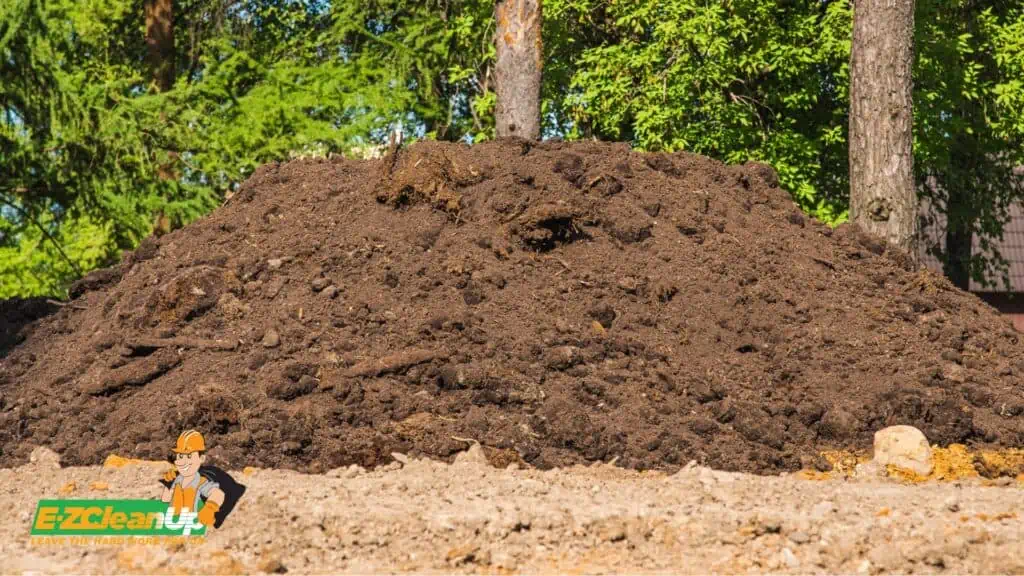
DIY Soil Disposal Strategies
Soil removal and disposal doesn’t always have to mean getting rid of it. There are creative and eco-friendly ways to repurpose excess soil in your own backyard.
Here are some:
Composting Excess Soil
Composting is an efficient way to recycle excess soil along with organic kitchen and yard waste. By composting, you create a nutrient-rich material that greatly benefits garden soil. Organic materials for composting are categorized as “browns” and “greens.”
Browns, like dead leaves and newspaper, provide carbon, while greens, such as vegetable scraps and grass clippings, supply nitrogen. A balanced mix of these materials and proper moisture and aeration creates a healthy compost pile. This process not only recycles soil but also reduces waste and enhances the soil’s fertility and structure.
Using Soil in Landscaping Projects
Excess soil can be innovatively used in landscaping. One idea is creating a berm, a rounded mound of dirt, to change the look of a garden or hide undesirable features. Another option is using the soil to elevate flower beds.
This improves the aesthetic appeal of your garden and creates better-growing conditions due to improved drainage and aeration. Raised flower beds can warm up faster in spring, extend the growing season, and offer better conditions for plant roots.
Creating Raised Beds with Excess Soil
Raised beds are increasingly popular for gardening, especially in small yards. They make tending to plants easier and are great for growing a variety of plants. When creating raised beds, ensure they have sufficient height for root growth and good drainage.
The ideal soil mix for raised beds is a blend of pulverized topsoil, compost, perlite, and potting soil. They provide a loose, well-draining, nutrient-rich medium. Regular rejuvenation of the soil in raised beds is crucial for maintaining their productivity. This can be done by adding organic matter or compost and rotating crops between seasons to prevent soil depletion.
Professional Soil Disposal Services
Professional soil disposal services are crucial for handling contaminated soil. These companies ensure environmental safety and compliance with regulations.
Hiring Soil Removal Companies
If your site has a history of hazardous material usage, such as petroleum or explosives, hiring a professional soil removal company is essential. These companies specialize in safely and effectively removing contaminated soil.
They start by analyzing the soil to identify hazardous materials and then work with the facility management team to plan the removal process. This ensures that the surrounding environment is not further harmed.
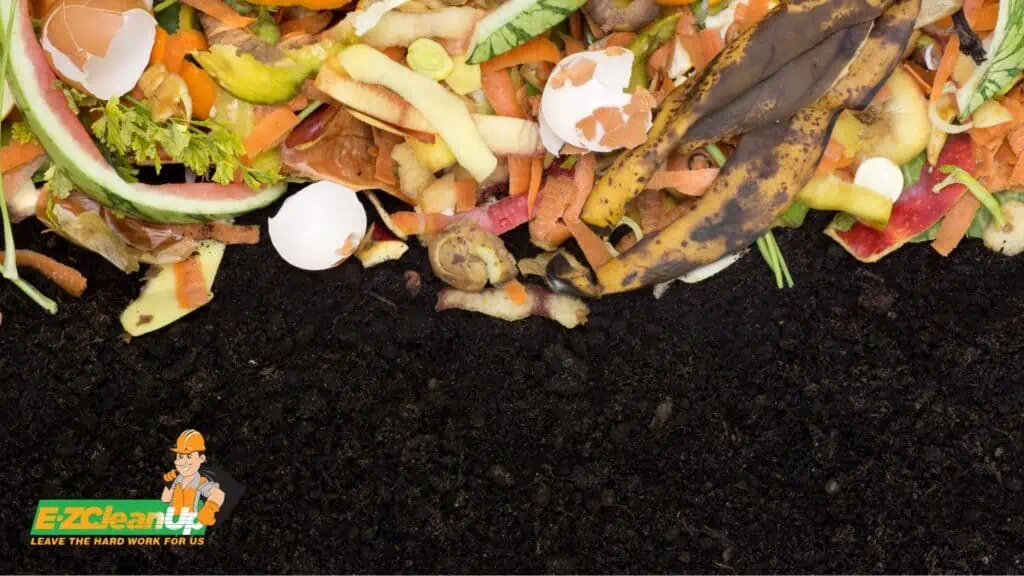
Environmental Regulations and Professional Services
Professional soil disposal services must adhere to strict environmental regulations. This includes the Land Disposal Restrictions (LDR) Phase IV soil treatment standards, which encourage the cost-effective cleanup of hazardous contaminated soils.
These standards allow more flexible treatment requirements using non-combustion alternatives. For instance, hazardous constituents in soil may be reduced by at least 90% of their initial concentration or meet ten times the applicable universal treatment standard.
Additionally, the introduction of site-specific risk-based decision-making into the LDR program allows for risk-based treatability variances, setting treatment standards at site-specific risk-based numbers.
Cost Considerations for Professional Disposal
The cost of contaminated soil removal varies significantly based on several factors. On average, it can range from $10,000 to $50,000, depending on the extent of contamination and location. Factors influencing the cost include the size of the contaminated area, the type and level of contamination, and the location of the site.
Environmental regulations, transportation logistics, and access to specialized facilities also play a role in determining the cost. Different contaminants require specific cleanup methods, equipment, and disposal procedures, further impacting the cost.
It is recommended to contact professional environmental remediation companies for a detailed assessment and cost estimate tailored to your specific needs and requirements.
Importance of Proper Soil Disposal
Soil disposal is all about handling the earth under our feet responsibly. When we talk soil removal or disposal, we’re dealing with more than just dirt.
Proper disposal of soil is key for several reasons:
- It keeps our environment clean.
- Improper disposal can lead to soil and water contamination, which can mess with the balance of nature.
- It’s not just about dumping dirt; it’s about keeping our surroundings safe.
- Improper disposal can also release harmful gasses and spread diseases, which no one wants.
Simply put, responsible soil disposal means a healthier planet.
The environment takes a hit when soil disposal is mishandled. If we get it wrong, we risk pollution, contamination of resources, and harm to wildlife. Think about it: the soil you dump today could ruin a water source tomorrow.
Landfills, a common disposal method, can leak toxic waste into groundwater and emit greenhouse gasses. In short, poor soil disposal can mess up air, water, and soil quality, which can affect everything from plants to people.
Assessing Soil for Disposal and Soil Removal
Soil removal and disposal isn’t just tossing soil out. It’s a process, one that starts with understanding what you’re dealing with.
Let’s break it down.
Identifying Types of Soil
Contaminated soil is a special case. It’s not just dirt; it’s potentially hazardous. To correctly characterize soil for disposal, one needs to consider its history, type of contamination, and other factors. Heavy metals, PCBs, PAHs, and TPH are common contaminants to look out for.
Knowing what you’re dealing with helps determine whether it’s a candidate for recycling or needs special handling. For hazardous waste soil, options are limited to specific facilities, like the Resource Conservation and Recovery Act (RCRA) Treatment, Storage and Disposal Facilities (TSDFs).
Determining Soil Contamination Levels
When soil is contaminated, it poses risks not just to the environment but to people as well. To determine soil contamination levels, consider factors like debris, moisture, odors, ash, geotechnical characteristics, and the origin of the contamination.
The type of contaminant and its concentration will impact the disposal requirements. Most hazardous wastes must be treated to meet specific standards before land disposal. This could involve stabilization with fly ash or similar amendments to reduce contaminant leaching potential.
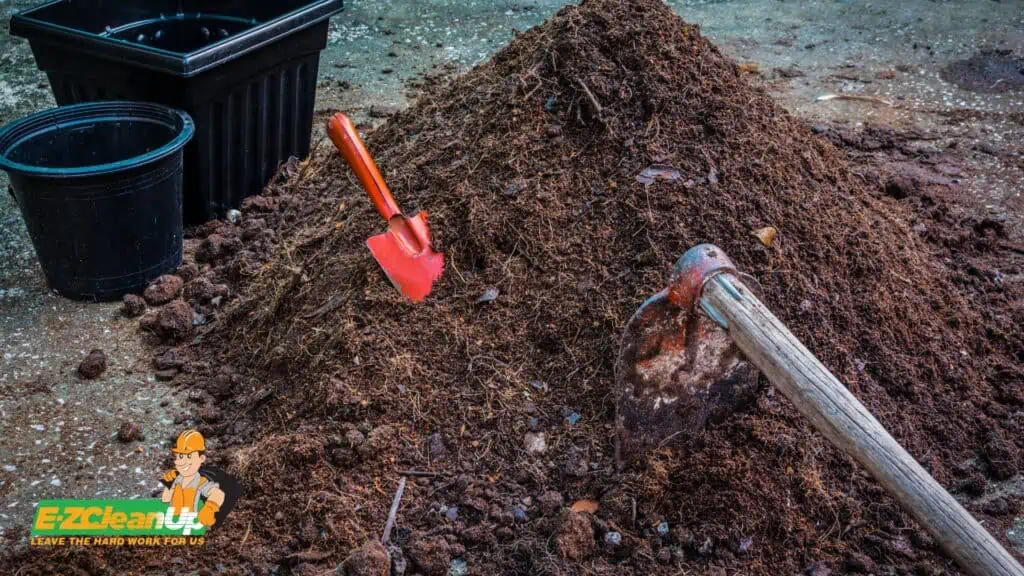
Legal Considerations for Soil Disposal
The disposal of contaminated soil is tightly regulated. The Resource Conservation and Recovery Act (RCRA) governs the disposal of hazardous wastes. The type of contaminant and its concentration dictate the disposal requirements. Disposal facilities have strict acceptance criteria, which must be adhered to.
Also, the U.S. Department of Transportation regulates the transport of hazardous materials. It’s not just about moving dirt from A to B; it’s about complying with laws to protect our environment and health.
Handling and transporting contaminated soil requires precautions for safety. The process involves excavation, which is the mechanical removal of waste or contaminated soil from the subsurface, typically using excavators, backhoes, or other earthmoving equipment.
The rate of excavation depends on factors like soil type, access constraints, and the size and number of excavators. Safety measures include washing truck tires and exteriors to prevent soil tracking and monitoring air quality for dust and contaminant vapors. These steps ensure that the process doesn’t just move the problem from one place to another but handles it responsibly.
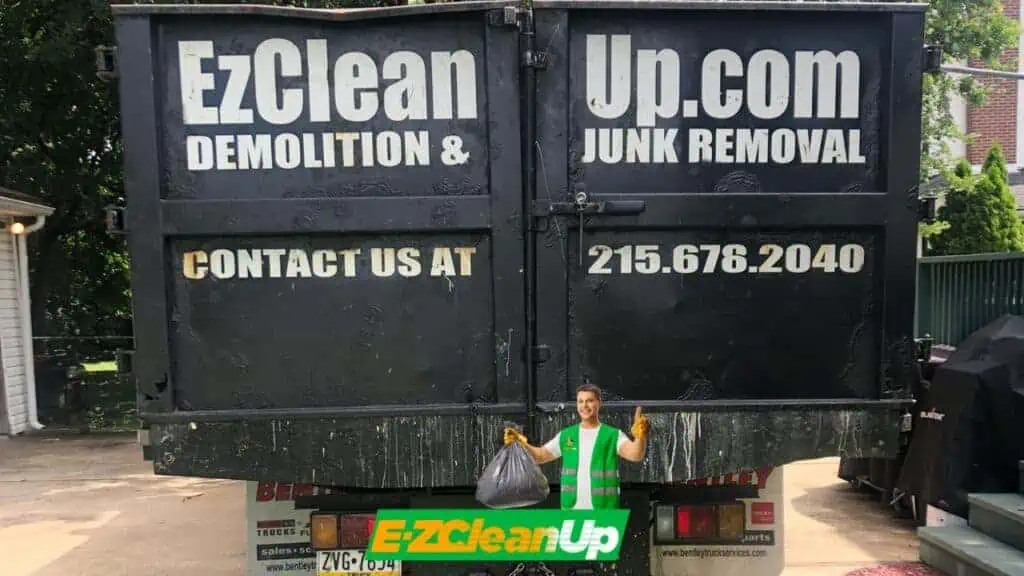
EZ CleanUp: Your Local Soil Disposal Solution
Do you have excess soil you want to remove and get rid of? In Philadelphia and surrounding areas, EZ CleanUp is your go-to for efficient dirt removal services. We believe in fair pricing, offering budget-friendly solutions without hidden costs, and ensuring you get full value for your money.
As a green-conscious company, we ensure eco-friendly waste disposal practices, including recycling and donating usable soil. Our prompt service means quick decluttering, leaving you with a cleaner space sooner. Our experienced professionals handle yard waste removal and soil disposal with precision and safety.
For a hassle-free experience and eco-responsible soil disposal, EZ CleanUp is your reliable partner. Contact us for flexible scheduling that aligns with your needs, including same-day service options. Let’s start your soil disposal journey today!

